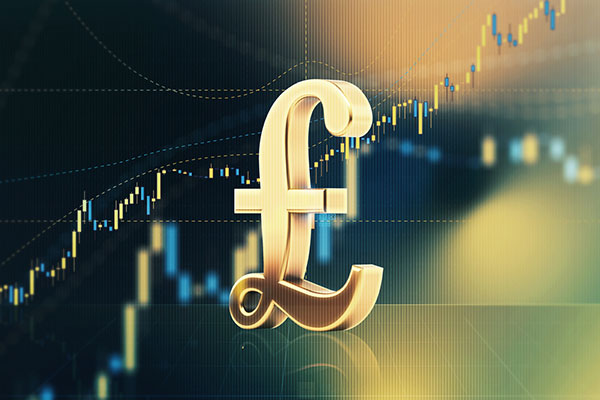Hays boosts dividend appeal with robust results
25th August 2022 12:50
by Graeme Evans from interactive investor
Recruitment firms are facing an economic storm, but Hays is showing no signs of being knocked off course after more big shareholders returns.

Generous cash returns put Hays (LSE:HAS) in 8% dividend yield territory today as the staffing firm reported significant annual profit growth and robust current trading.
Confidence at the highly cash generative FTSE 250-listed company was reflected through its setting aside of £168.5 million on dividend payments across the financial year. This includes a full-year dividend of 1.90p a share and a special dividend of 7.34p, both of which will be paid on 11 November with an ex-dividend date of 29 September.
- Read about: Free regular investing | Opening a Stocks & Shares ISA | Cashback Offers
Its share buyback programme has also been reloaded back up to its original £75 million for the new financial year after it spent £18.2 million on cancelling shares in the fourth quarter.
Analysts at Jefferies said the cash returns were more generous than it had been expecting, while it added that earnings per share of 9.11p for the year to 30 June came in 6% ahead of the City consensus following a big jump from 3.64p the year before.
Underlying earnings of £210.1 million were in line with expectations as figures on net fees, headcount and net cash were pre-released in the company’s end of year trading update.
- Daily Trading Flash: 10 most-traded shares 25 August 2022
- Five ‘resilient’ stocks with recession appeal
- Vodafone shares: what the City thinks
Shares have been trading near their 52-week low but rose 2.9p to 117.7p today as investors welcomed the cash returns and reassuring guidance on recent trading.
Hays said: “We have made a good start to our new financial year. While we are mindful of increasing macroeconomic uncertainty, client and candidate confidence remains good, supported by skill shortages and wage inflation.”
Jefferies believes tailwinds from improving fee margins and wage inflation are likely to persist in 2023.
It added: “Although froth is ebbing from labour markets in North America and Australia and New Zealand, outlook comments highlight a “good” start to 2023 and characteristically agile productivity management so consensus EPS estimates are likely to remain unchanged.”
The bank has a price target of 145p, whereas counterparts at UBS sit at 220p. The Swiss bank notes that Hays currently trades on a valuation to gross profit ratio of 1.42 times, which compares with the typical through-cycle range of 1.5x-2.5x.
UBS expects management to be focused on driving productivity and return on investments after an Investor Day in April targeted doubling underlying earnings over the next five years.
Hays’ ambitions include £500 million of technology fees by 2027, having exceeded £300 million for the first time in today’s results.
On inflation, it points out that each 1% increase in pricing drives an additional £12 million fees, whereas each 1% increase in its cost base is worth £9 million.
At its mid-point, Hays believes its strategy can generate about £1 billion in free cash flow and help facilitate £650 million of shareholder returns over the five-year plan period.
It said: “These will be distributed via core and special dividends and disciplined share buybacks, as appropriate.
“While we recognise that there are macroeconomic and geopolitical uncertainties which could delay the delivery of these aspirations by one to two years, the strong recovery of our business from the pandemic clearly demonstrates our clients' demand for our services.”
These articles are provided for information purposes only. Occasionally, an opinion about whether to buy or sell a specific investment may be provided by third parties. The content is not intended to be a personal recommendation to buy or sell any financial instrument or product, or to adopt any investment strategy as it is not provided based on an assessment of your investing knowledge and experience, your financial situation or your investment objectives. The value of your investments, and the income derived from them, may go down as well as up. You may not get back all the money that you invest. The investments referred to in this article may not be suitable for all investors, and if in doubt, an investor should seek advice from a qualified investment adviser.
Full performance can be found on the company or index summary page on the interactive investor website. Simply click on the company's or index name highlighted in the article.